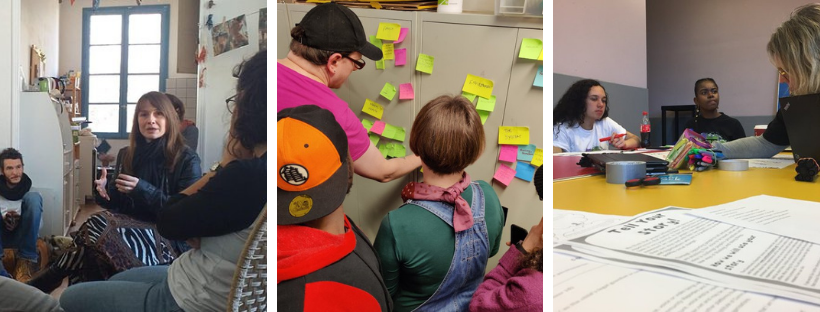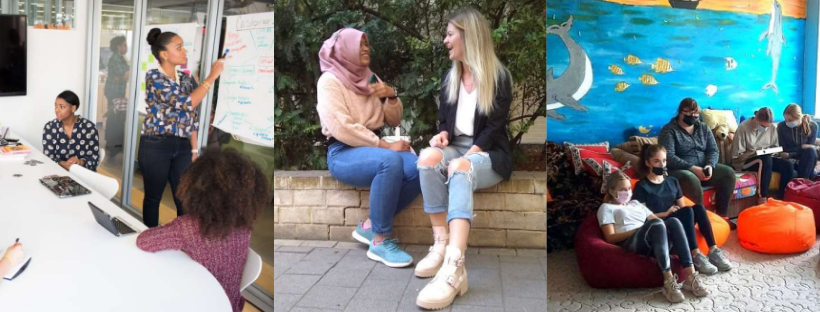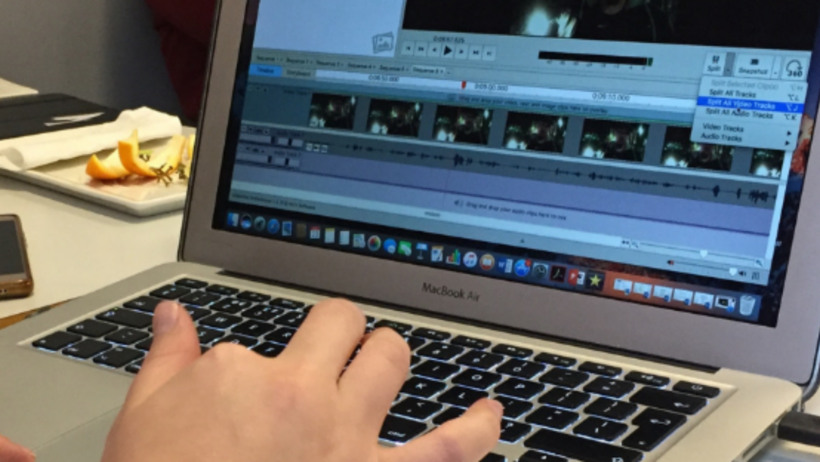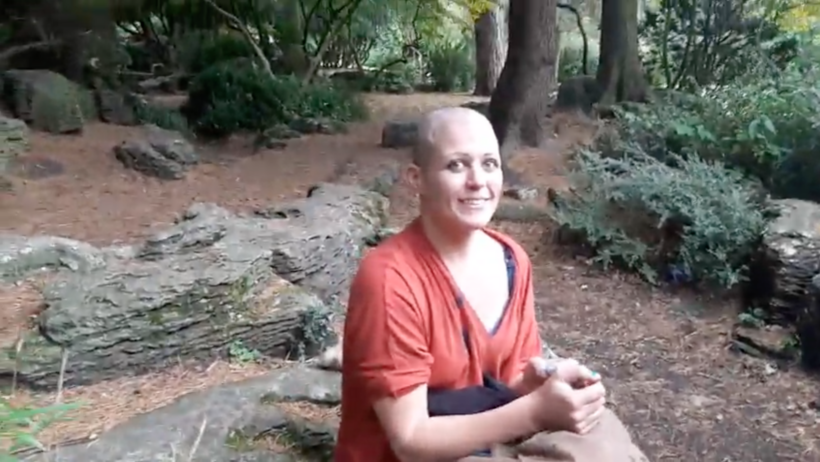WHAT’S YOUR EXPERIENCE OF THE WIGAN DEAL?

The Wigan Deal is an informal agreement between the council and everyone who lives or works here to work together to create a better borough. You can find out more about it here: https://www.wigan.gov.uk/Council/The-Deal/The-Deal.aspx
To better understand residents’ experiences of The Deal, People’s Voice Media and the Community Reporter network are hosting a series of storytelling sessions. In these storytelling sessions you will:
- Have the opportunity to share your experiences of The Deal
- Record your experience as a video or audio story
- Listen to other people’s experiences of The Deal
- Determine what we have learned from the stories we’ve shared and heard
We will share the results of these sessions with you later in the year.
How do I get involved?
You can choose to attend one of the following workshops:
- Workshop 1: 2pm – 4pm, Monday 21st February 2022, Wigan Library, Wigan Life Centre, The Wiend, Wigan, WN1 1NH. REGISTER HERE.
- Workshop 2: 4:00pm – 5:30pm, Tuesday 22nd February 2022, Online via Zoom. REGISTER HERE.
- Workshop 3: 2pm – 4pm, Friday 25th February, Education Room at Leigh Town Hall, Market Street, Leigh, WN7 1DY. REGISTER HERE.
You can sign-up for the workshops on the links above, or get in touch with Hayley (who’ll be facilitating the sessions) on hayley@peoplesvoicemedia.co.uk Registration will stay open until 2:30pm on 17th February.
Refreshments and travel expenses up to £10.00 will be provided for the in-person workshops, and 3 financially supported places are available across the three workshops (see below).
Why are you running them and why should I take part?
These sessions are part of the EUARENAS project that is looking at how democracy works in different towns and cities across Europe. You can find out more about the project here: https://www.euarenas.eu
By taking part in the storytelling sessions, you will be contributing to the research activities of this project. The learning from the project will be shared in a range of ways including blog posts, research publications, policy briefings and practical toolkits to support communities and institutions to work together to create better futures.
Financially Support Places
We have 1 financially supported place available per workshop that will be allocated on a first-come, first-allocated basis. The financial support is up to a maximum of £60.00 per person. This can be used to cover:
- Other expenses than travel such as childcare costs, internet costs etc. that you incur through attending the workshops. To claim this, you’ll need to send us an expenses form and receipts.
- Other support costs such as a PA to support you to attend. To claim this, you’ll need to send us an expenses form and receipt OR ask your support to invoice us directly.
- Contribution fee. To claim this, you’ll need to send us an invoice and be responsible for your own tax and insurance as a self-employed person.
About People’s Voice Media
People’s Voice Media is a social charity who have been working with people since 1995 to create bottom-up social change rooted in people’s lived experiences of the world. Our approach – Community Reporting – uses digital storytelling to help people to share their experiences, connect them with others and create new ways of thinking and doing. You can find out more about us here: https://peoplesvoicemedia.co.uk



